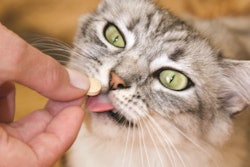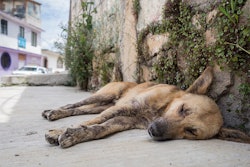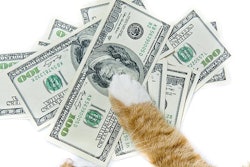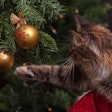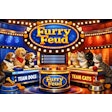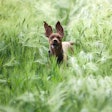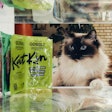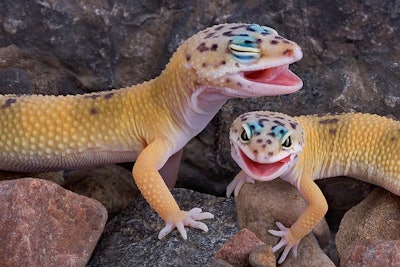
Fur babies get all the attention, but scale babies have specific nutrition needs too. Reptile pet owners want to know that they are providing optimal nutrition for lizards, snakes and turtles. Pet owners look to reptile pet food producers for safe, healthy products.
However, definitive reptile nutrition information, like peer-reviewed published research, can be yet scarcer than studies on dog and cat diets. For example, leopard geckos, like their namesake felines, are obligate carnivores, and eat mostly insects in the wild. The nutrients in leopard gecko food have been studied and debated, also like felines, although the lizards are way ahead on the trend of whole-prey, insect-based diets. Leopard geckos commonly eat live mealworms, crickets and dubia roaches in captivity. Leopard gecko diet discussions focus on which insects and in what proportions make an ideal blend for the lizard, along with vitamin supplements.
A familiar bug to insect-based dog and cat food formulators, black soldier fly larvae (BSFL), have grown in popularity for leopard geckos and other lizards because they have a higher calcium concentration than mealworms and crickets, two staples of the reptile food market. This higher calcium level in BSFL may reduce the need for pet owners to sprinkle their gecko’s insects with powdered vitamins or give the vitamins to the insects beforehand along with foods, a process called gut loading. However, some scientists questioned if BSFL might be deficient in fat-soluble vitamins, like A and E, or that the calcium may not be readily digested.
Black soldier fly larvae as leopard gecko food
Once again like cat and dog food, these doubts about ingredient nutrition claims had to be verified in feeding and digestibility trials. Researchers at Louisiana State University conducted a study with 24 adult leopard geckos to determine the digestibility of BSFL. Each lizard ate one of three diets for four months:
- whole, vitamin A gut-loaded larvae
- needle pierced, vitamin A gut-loaded larvae
- whole, non-gut-loaded larvae
The scientists collected the leopard geckos’ feces daily and analyzed the protein, fat, vitamins and other components. The researchers also performed liver biopsies on the lizards. All three diets were equally digestible, however, the supplemented diets resulted in higher levels of vitamin A in liver biopsies and blood plasma.
“While leopard geckos are able to digest most of the nutrients provided by BSF larvae, including those that have been gut loaded, more research needs to be performed to assess whether or not they provide adequate calcium in their nonsupplemented form,” the scientists concluded in their paper published in PLOS ONE.
Long-term feeding of BSFL without vitamin supplementation or variation could result in deficiencies of calcium, sodium and total protein, the researchers wrote. Reptile supplement makers may find these experimental results useful when marketing their products as BSFL become more common and popular on the reptile food market. Pet owners may need to continue using a vitamin supplement with BSFL.


